I’ve spent more than ten years inside chat windows, ranked lobbies, and weird Discord servers. I’ve seen great moments and ugly ones. Some of the most toxic gaming communities (yeah, I said it) are also where I’ve made real friends. It’s a mess. In my experience, when you mix competition, voice chat, and a ladder that never stops teasing you, you get toxic gamers, online harassment, griefing, and trolling. You get tilt. You get the guy who types “gg ez” while bottom-fragging. And somehow, we still queue up again.
Why people get mean online (the simple version)
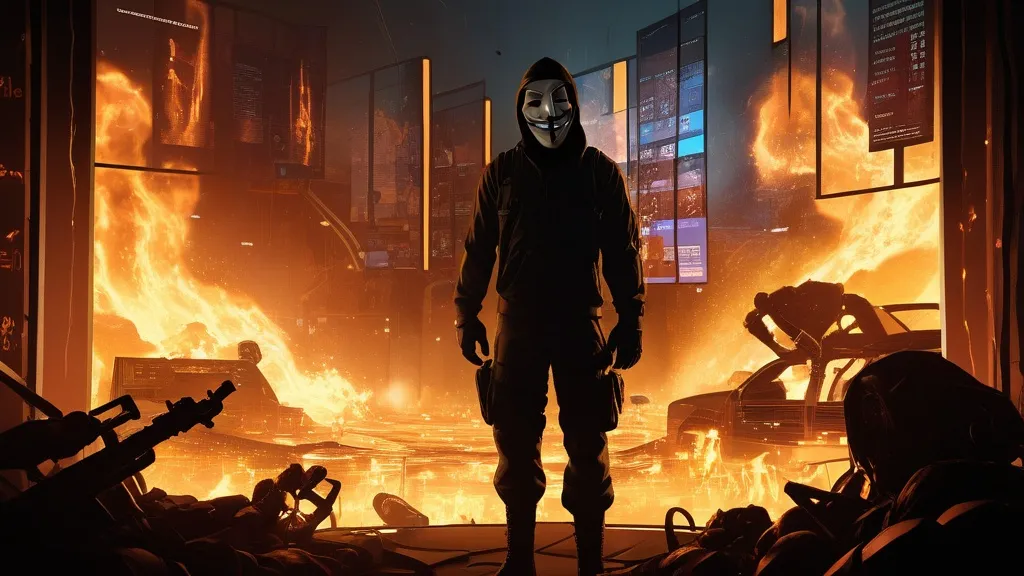
I keep this simple, because it really is simple:
- Anonymity: No face, less shame. People act brave behind a tag like XxNoScope420.
- Competition: When there’s rank. Or loot. Or even a fake crown. People snap.
- Stress + time: Long matches make small problems feel huge.
- Copycat talk: One person flames, the rest copy it. Like yawns. But louder.
- Bad systems: Weak moderation. Slow reports. No tools. The pot boils over.
What I think is this: most folks aren’t monsters. They’re just pushed and poked by design choices. Put a timer on the bomb, add voice chat, and boom—somebody’s calling the healer trash for missing one cleanse. I’ve been that healer. I missed the cleanse. I still hear the ping spam in my dreams.
Where the salt piles up
MOBAs (the rage buffet)
I’ve always found MOBAs to be the king of meltdowns. Five strangers. One shared economy. Last hits. Wards. Fifty different ways to blame “jung diff.” In my early League days, I watched a teammate suicide into tower three times to “teach us a lesson.” That has a name, by the way. It’s called griefing. Basically, in-game trolling that ruins your match. The tools help (mute all is my love language) but the pressure and the length of these matches tilt people hard.
What helps me: I disable allied chat on bad days. I play one role only. I set personal goals like “three control wards by 10 minutes.” Tiny wins. Less brain noise.
Competitive shooters (voice chat roulette)
FPS lobbies can be great. They can also be a swamp. Open voice chat invites insults, shrieking, and way too many “mic checks” that turn into threats. I once had a kid tell me he was reporting me to “the CEO of Steam.” Sweetheart, that’s not how any of this works. Team killing, teabagging, stream sniping—none of these are new. They’re just easy. And peer pressure is a nasty amplifier.
I set push-to-talk. I bind mute to a single key. If someone turns the comms into a dumpster fire, I cut the audio. The win rate goes up when your ears stop burning. Shocker.
Battle royale and survival sandboxes (betrayal simulator)
Survival games reward cruelty in clever ways. Steal, raid, ambush, betray your neighbor for two berries and a rock hat. Some folks love that. For others, it feels like a trap. I ran a tiny Rust clan for two months. Day 1: neighbor alliance. Day 3: we log in to find our base stripped and a sign that says “nice door.” The game loop pushes it. You get a hit of power by ruining someone’s night. If devs don’t balance that with safe zones or strong rules, the bully meta wins.
Sports games (rage quit city)
Sports titles look chill till you start playing head-to-head. You score once, and the DMs light up with “lucky goal” messages. People hard quit to dodge a loss. I’ve had strangers try to wager me and then ghost the payout. Trash talk is part of the culture, sure, but it slides into harassment fast when money or rank gets involved.
MMOs and raids (elitism with a spreadsheet)
MMOs can be cozy. Guild chat. Fashion wars. Raids with friends. But I’ve been kicked from a raid for having the wrong gem in one slot. One. Slot. DPS meters turn into judge, jury, and executioner. Parsing culture and “requirements” keep new players out. Not all groups are like this, obviously. But when they are, it’s exhausting. I prefer teaching runs. Slower. Kinder. Better stories.
Social deception and party games (lying is the point)
Among Us, Mafia, Werewolf—fun, until someone takes it personal. You accuse a friend; they go nuclear. I still remember a party night where a friend shouted “You always do this!” like I’d stolen rent, not a round in a spaceship. The game asks you to lie. People forget it’s a game. Then Discord DMs get ugly. Set a house rule: no DMs about the match. It helps.
A messy map of hot zones (unscientific, but honest)
Here’s how I sort things in my head. It’s a “table,” but I’m keeping it simple because I’m me.
- Genre | Typical Toxic Behaviors | Why it Happens | Fixes that Help
- MOBAs | Ping spam, flame, feeding | Long matches, shared resources | Mute all, role queue, clear objectives
- FPS | Slurs, team kill, voice abuse | Open voice, high pace | Push-to-talk, quick report, voice block
- Survival | Offline raids, grief | Punishes trust, reward for harm | Safe zones, decay rules, newbie shields
- Sports | Rage quits, DM spam | 1v1 ego, wagers | Better penalties, block DMs, verified play
- MMO | Gatekeeping, parse shaming | Elitism, gear checks | Teaching runs, mentor tags, hidden meters
The old scars we still feel
There are events in gaming that shaped a lot of this talk. If you were around during the Gamergate era, you know how ugly things got for devs and critics. It left marks. I won’t relive the whole thing here, but I bring it up because it taught me this: when platforms ignore harassment, it spreads. When they respond fast, it shrinks. That’s it. Not magic—just policy and spine.
What toxicity actually looks like in chat
It’s not always slurs. Sometimes it’s this:
- “Uninstall.” Said by the 0/8 top laner.
- “Report healer.” Because their health bar exists.
- “Diff.” Just that. One word. A sigh with teeth.
- “Lag.” Sure, buddy.
- Ping. Ping. Ping. Then more ping.
I save a few canned lines that defuse things. “Let’s reset.” “We scale.” “Play slow.” They read boring, but they calm the house. And when that fails, silence wins. I don’t reward bad theater.
What I do when a lobby goes bad
In my experience, my best matches happen when I pick my battles. I don’t fight randoms in chat. I fight dragons. Or the bomb timer. Or the circle. Here’s my little toolkit:
Settings worth using (seriously, use them)
- Mute all voice by default. Unmute friends only.
- Hide enemy chat. You’re not missing poetry.
- Profanity filter on. Yes, even if you swear. It helps.
- Push-to-talk on a comfy key.
- Block DMs from non-friends on every platform you can.
- Report quickly, once. Then move on.
- Turn off cross-play voice if it’s a mess.
How I answer (or don’t)
- Short calm lines: “Group mid.” “Save ults.” “Hold angles.”
- Humor, but not at someone’s expense: “We’re speedrunning lessons today.”
- No “1v1 me” bait. No clapbacks. It never helps.
- Walk away after the match. Touch grass. Or tea. Or cat.
If you build or moderate games, please read this
I’ve worn a mod hat. I ran a mid-size Minecraft server for a year. I learned fast that clear rules beat long speeches. My tips to devs and community managers:
- Write a simple code of conduct. Short. Clear. Zero tolerance for hate.
- Make report tools fast and visible. One click. In the match.
- Confirm reports with an in-game message. People need feedback.
- Batch ban waves but show numbers. Transparency beats rumors.
- Give new players protection: chat cooldowns, newbie lobbies, shielded spawns.
- Rate-limit chat. Slow mode kills spam.
- Reputation systems help, but don’t let them become the new gatekeeping.
Stories from my trenches
The Thursday Night Rulebook
I hosted “Thursday Night Chaos” for friends. Three rules: no DM drama, no yelling over comms, no meta-shaming. We kept a curse jar for jokes. Winner picked next game; loser picked the snack. The vibe got better fast. Funny how actual rules make room for actual fun.
The time voice chat cost us the game
Overwatch 2, ranked. Our tank and DPS argued for two minutes about a flank that failed. Two minutes of cart sitting. I muted both, called targets, and the whole team started playing again. We still lost, but by less. Sometimes “less bad” is a win.
Rust clan, month two
We became nighttime farmers. Yes, we hid. Yes, we built honeycomb like paranoid bees. Did we get raided anyway? Absolutely. But the clan chill went up. We accepted the chaos instead of screaming at it. That’s the trick sometimes—play the game you have, not the one you wish you had.
Numbers to keep us honest
This isn’t just me whining. There’s data. The Pew Research report on online harassment shows how common it is online. Not just in games, but games are a big chunk. And a lot of it happens in public spaces like chats and lobbies. If your gut says, “It feels worse this season,” you might not be wrong. More players, more pressure, more edge cases. That’s why moderation matters.
Another quick “table” you can screenshot
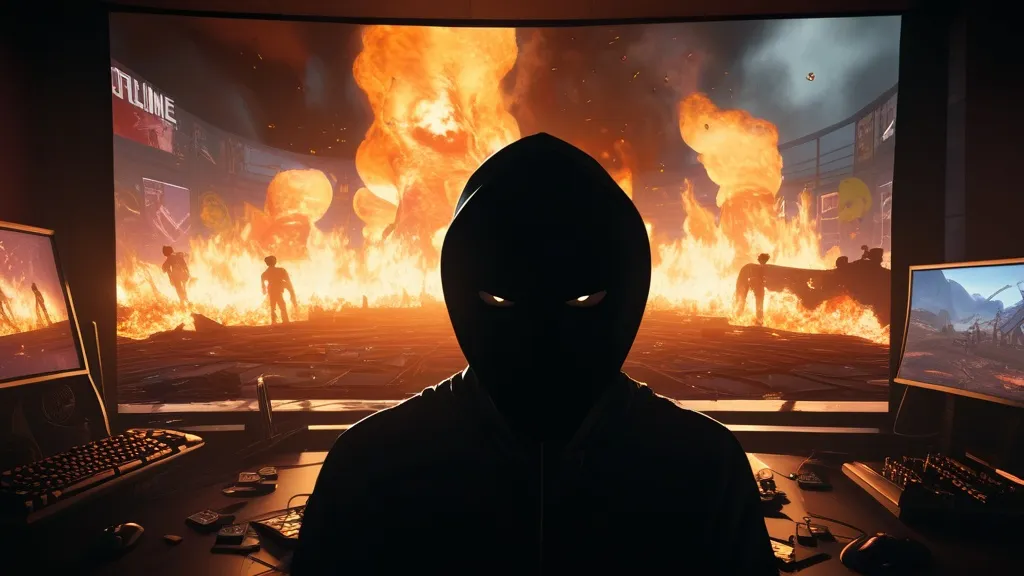
- Feature | Why It Matters | Where I Use It
- Mute All | Cuts flame at the root | MOBAs, FPS ranked
- Hide Enemy Chat | Removes cross-team bait | MOBAs, RTS
- Friend-Only Voice | Keeps comms clean | Shooters, BR squads
- Chat Cooldown | Stops spam storms | MMOs, public hubs
- Fast Report | Feeds the mod machine | Everywhere, every time
Let’s talk boundaries and privacy
In my experience, keeping your info private is part of staying safe. Use different usernames. Don’t stream with your full name visible. Keep DMs closed to strangers. And if you’re curious how I handle data on my little corner of the internet, you can read my privacy policy. It’s not thrilling, but it’s clean and plain.
When “ban” isn’t the whole fix
We love the big hammer. Ban the troll. Done. But the root cause is often design. If the game rewards you for ruining another player’s time, people will ruin time. If the systems hide consequences, folks act like they’re invisible. I’ve always found that good design makes good people look common and bad behavior look rare. UI is culture. Options are culture. The mute button is culture.
On calling out and calling in
Sometimes a calm “Hey, chill, we got this” works. Sometimes it doesn’t. I try “calling in” first (invite better behavior). If the room ignores it, I don’t argue. I hit the tools and play my game. It’s not my job to fix every lobby. It’s my job to not be the problem.
A quick nod to definitions
We toss around words like “toxic” and “troll.” If you want to be exact, “griefing” is the in-game behavior meant to annoy or ruin play. We covered that, but again, here’s the link for a clean definition: griefing. Not everything we hate is griefing. Sometimes it’s just a bad matchup. Or someone having a rough day. I try to tell the difference before I slam report.
So, where are the most intense pockets?
I’m not here to slam any single title. I still play them. I still queue. But if you asked me over coffee which spaces feel dicey, I’d say: busy MOBAs at peak hours, open-voice FPS ranked, survival sandboxes on public servers, and any title with cash wagers. That’s where the tempers live. People will search for the phrase most toxic gaming communities and expect a neat list. Life isn’t neat. You’ll find trash and treasure in the same match.
How I keep my sanity
- One more game rule: never “one more” after a bad loss.
- Alt playlist: cozy games to cool down (Stardew is medicine).
- Friends > randoms on rough days.
- Celebrate small. A clean retake. A safe rez. A good rotate.
The small good stuff
It’s not all bad. The funniest callouts I’ve ever heard were in a goofy community night where nobody cared about rank. The best clutch of my life happened after I muted a loudmouth and focused on the site. A kid once typed “hey sorry I was mad” and I legit smiled. Tiny moments. They don’t trend. But they keep me here.
FAQs
- Q: How do I deal with a toxic teammate without making it worse?
A: Short calls, no insults, mute if needed, report at the end. Don’t debate in chat. It never helps mid-match. - Q: Are voice changers or no-mic runs a good idea?
A: If it keeps you safe and calm, yes. I go no-mic in many lobbies and play better. Friends-only voice is even better. - Q: Is this just “trash talk” or actual harassment?
A: Trash talk stays about the game. Harassment targets the person. If it’s personal or nonstop, it’s over the line. The Pew Research report on online harassment shows how common that is. - Q: Do reports even do anything?
A: In good systems, yes. You won’t always see it, but data builds. Keep reporting. One clear report beats ten angry ones. - Q: How do I find chill lobbies?
A: Play with friends, join small Discords with rules, use “looking for group” tags, and queue off-peak. Vibes matter more than raw MMR sometimes.
Anyway. That’s my mess of notes. I’ll be in queue later, coffee in hand, mute button ready. If you see me, say hi. Or don’t. I’ll probably have enemy chat off.

James Carter: Your competitive edge. I cover Patch Notes, Speedruns, Battle Royale Strategy, Multiplayer Trends, and Game Dev Insights. Let’s get into it!
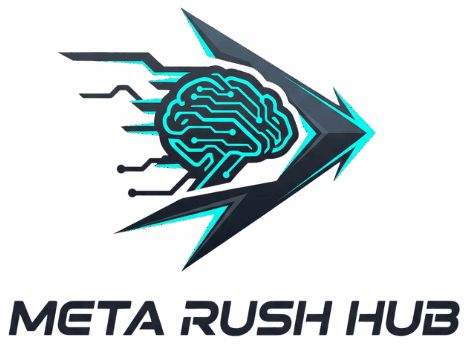
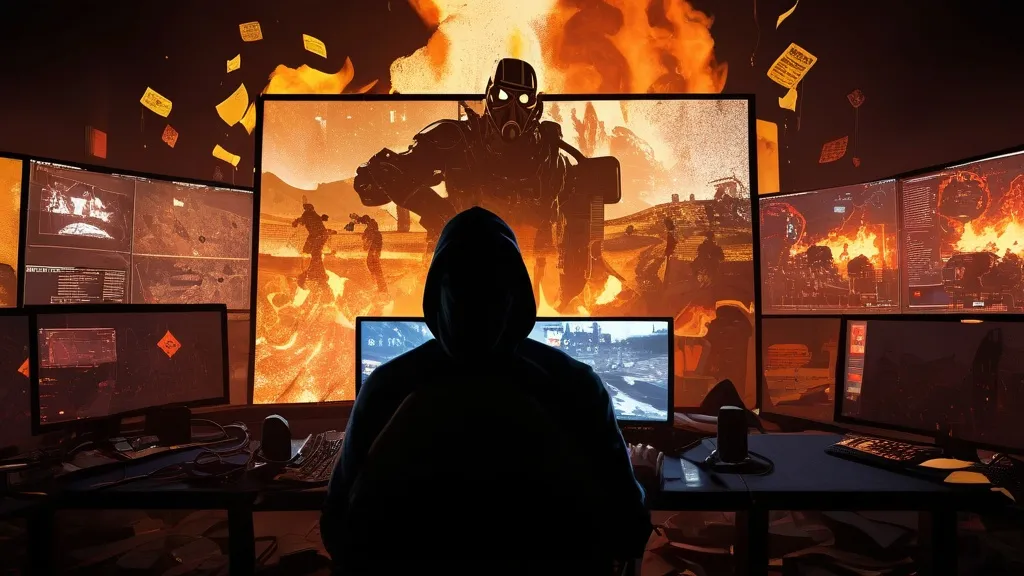
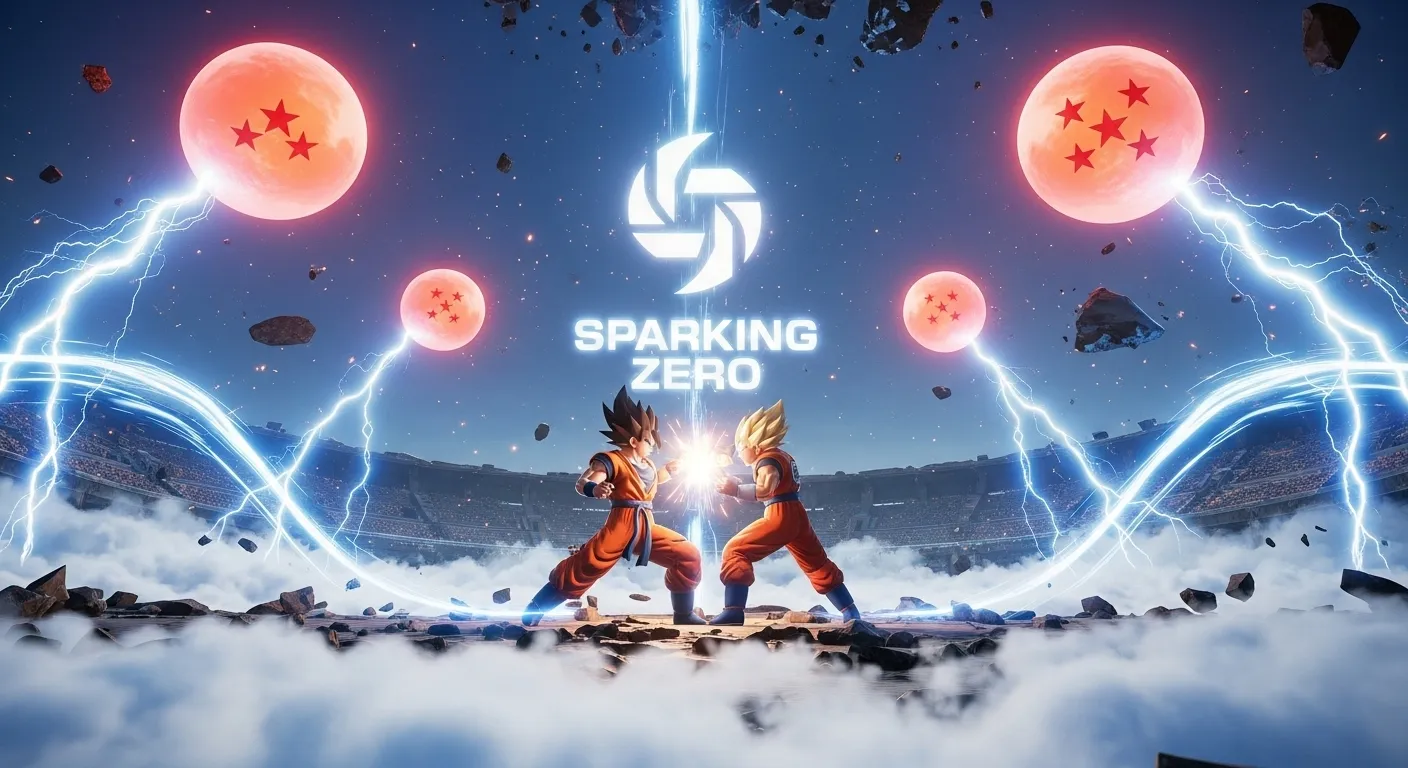
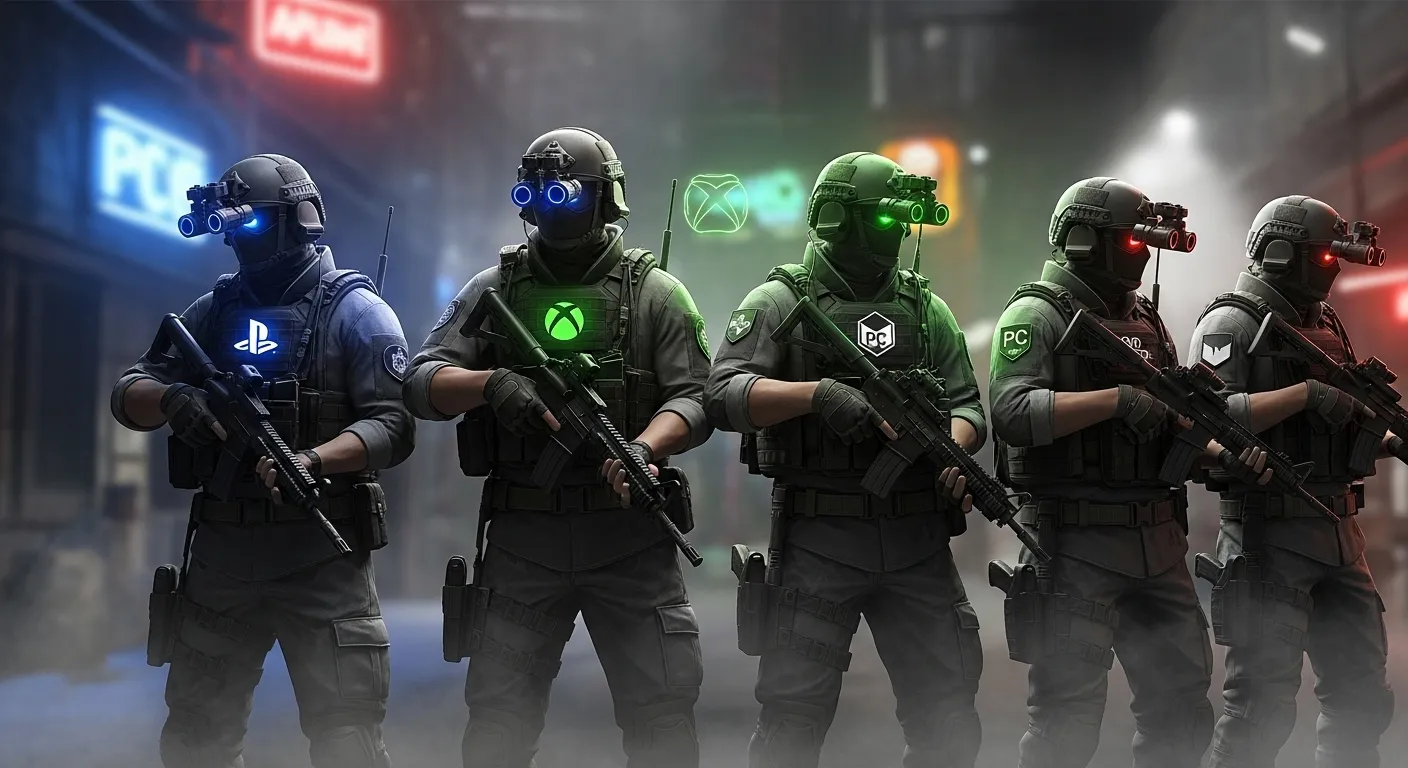
So true, toxicity can ruin a gaming community. Set boundaries and stay sane while gaming.
Focusing on self-improvement and small goals helps navigate toxic gaming environments. Muting is self-care.
The toxicity in gaming is real, but there are ways to handle it. Mute, set goals, and focus on wins.
Toxic gaming is all about anonymity, competition, and stress. It’s fascinating how design choices influence behavior online.
Why do MOBA games have the highest rate of toxicity compared to other genres?